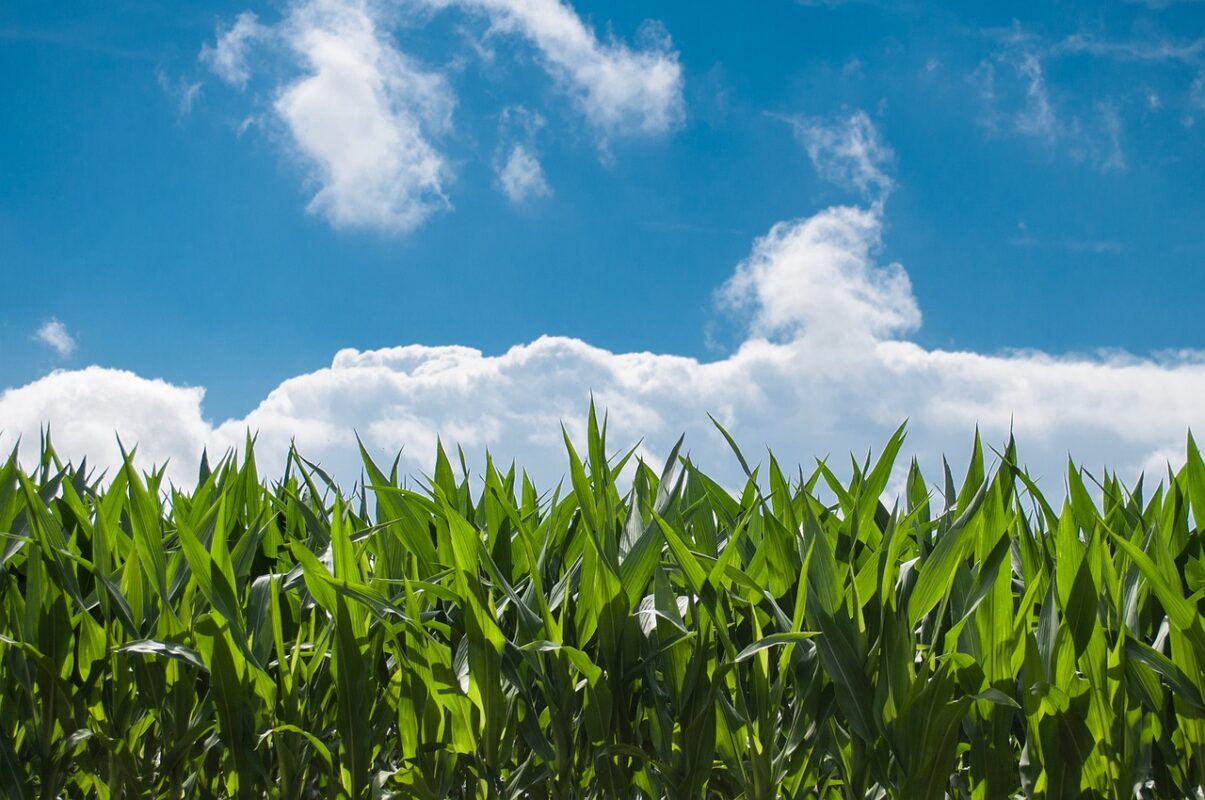Introduction
Organic farming is a method of agriculture that relies on natural and sustainable practices to produce crops and livestock without the use of synthetic chemicals and genetically modified organisms (GMOs). In this article, we will explore the benefits and challenges of organic farming, and why it is becoming an increasingly popular approach to agriculture.
Benefits of Organic Farming
Soil Health
One of the main advantages of organic farming is that it promotes soil health and reduces the need for synthetic fertilizers and pesticides. Organic farmers use natural inputs such as compost and cover crops to enrich the soil and maintain soil biodiversity. This helps to protect soil quality, maintain biodiversity, and reduce water pollution.
Healthier Crops
Organic farming practices also promote the production of healthier and more nutritious crops. Studies have shown that organic fruits and vegetables are often higher in certain vitamins, minerals, and antioxidants compared to conventionally grown produce. This can be beneficial for human health, as a diet rich in these nutrients has been linked to lower rates of chronic diseases such as cancer and heart disease.
Sustainable Food Systems
Organic farmers typically focus on producing food for local markets, which reduces the environmental impact of transportation and supports local economies. In addition, organic farmers often use traditional methods and heirloom varieties of crops, which helps to preserve genetic diversity and cultural heritage.

Organic products, particularly fruits and vegetables, are renowned for their superior taste compared to conventionally grown produce. This is because organic farmers rely on natural inputs such as compost and cover crops to enrich the soil and protect crops from pests and diseases. This natural approach to farming results in fruits and vegetables that may have blemishes or imperfections, but are also packed with flavor.
Challenges of Organic Farming
Labor-Intensive
One of the main challenges of organic farming is that it can be more labor-intensive and less efficient compared to conventional farming methods. Organic farmers often rely on manual labor for tasks such as weeding and harvesting, which can be time-consuming and costly.
Higher Production Costs
Organic farmers may face higher production costs due to the need for natural inputs and labor-intensive techniques. This can make organic food more expensive for consumers, which can be a barrier to wider adoption of organic farming practices.
Conclusion
Despite the challenges, organic farming is a promising approach to agriculture that offers numerous benefits for the environment, human health, and local communities. By supporting organic farmers and promoting sustainable food systems, we can help to build a healthier and more sustainable future for all.


